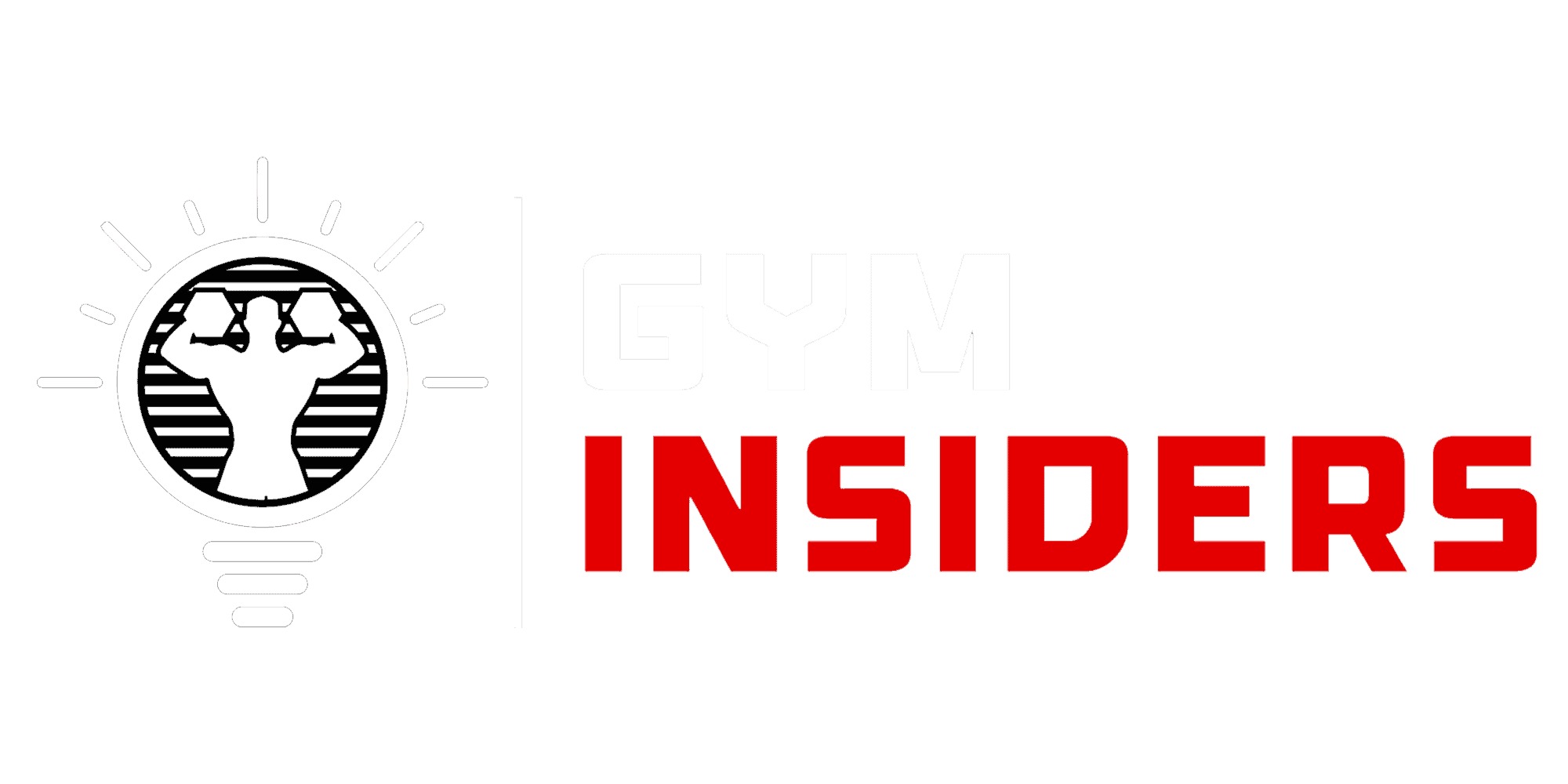In the dynamic world of fitness and health, gym owners continually seek innovative ways to enhance their services and boost revenue. One increasingly popular avenue is the sale of nutritional supplements. This venture, however, isn’t just about stocking products on shelves; it requires strategic planning, understanding market trends, and ensuring operational readiness. In this comprehensive guide, we’ll dive deep into what it takes to successfully integrate supplement sales into your gym business.
Table of Contents
Industry Data and Trends
The Role of Supplements in Fitness Businesses
Recent data from organizations like the International Health, Racquet & Sportsclub Association (IHRSA) and IDEA Health & Fitness Association paint a clear picture: supplement sales are more than just a sideline. They’re a significant revenue driver in the fitness industry. According to IHRSA’s reports, supplement sales in gyms have seen a steady increase, contributing sizably to the overall revenue mix of health clubs.
Understanding Market Dynamics
The fitness supplement market isn’t static; it’s shaped by evolving consumer preferences and health trends. For instance, the rise in plant-based and organic supplement options reflects broader dietary shifts. Staying abreast of these trends isn’t just good practice; it’s essential for ensuring your product selection resonates with your clientele.
The Upside of Selling Supplements
Why Supplements?
Adding supplements to your gym’s retail offerings isn’t just about diversifying products; it’s about complementing your gym’s core mission – promoting health and wellness. Supplements like protein powders, vitamins, and energy boosters can directly support your members’ fitness goals, fostering a more holistic health journey within your gym’s ecosystem.
Profit Margins and Member Value
One of the most compelling reasons to sell supplements in your gym is the attractive profit margins. Unlike gym memberships or personal training sessions, supplements offer ongoing revenue potential. A well-managed supplement section can yield substantial profits, particularly when you leverage bulk buying and effective pricing strategies. Moreover, offering these products provides added convenience and value to your members, potentially enhancing member retention.
Choosing a Wholesale Distributor
Finding the Right Fit
The journey to selling supplements in your gym starts with choosing the right wholesale distributor. This decision is crucial – the right distributor not only affects your profit margins but also your product quality and variety. Here’s what to consider:
Reputation and Reliability: Look for distributors with a solid reputation in the industry. Check their track record for reliability and service quality.
Product Range: Ensure they offer a wide range of products that align with your gym’s brand and your members’ preferences.
Pricing and Terms: Negotiate favorable terms that allow you to maintain healthy margins while offering competitive prices to your members.
Support Services: Some distributors offer additional services such as staff training and marketing materials, which can be invaluable.
Questions to Ask Potential Suppliers
When interviewing suppliers, ask questions like:
- What are their best-selling products and why?
- How do they handle product recalls or quality issues?
- What support do they offer to help you market and sell their products?
Market Research for Product Selection
Understanding Your Members’ Needs
The key to successful supplement sales is aligning your product selection with your members’ needs and preferences. Conduct surveys or informal discussions to understand what supplements your members are currently using or are interested in.
Staying Ahead of Trends
Keep an eye on industry reports and fitness forums to stay updated on trending products. Subscription to fitness industry magazines and attending trade shows can also provide valuable insights.
Operational Considerations
Managing the Logistics
Selling supplements comes with its own set of operational challenges. Here’s how to manage them effectively:
Shelf Life: Understand the shelf life of each product and manage your inventory to avoid wastage.
Security: Implement measures to prevent theft, which can be high in retail environments.
Return Policy: Have a clear policy for returns and exchanges to maintain customer satisfaction while protecting your bottom line.
Staff Training: Your staff should be well-informed about the products to advise customers effectively.
Inventory Management: Regular inventory checks are crucial to ensure that your stock levels are appropriate and to prevent losses.
Potential Drawbacks
Challenges in Supplement Sales
While selling supplements can be lucrative, it’s important to be aware of potential challenges:
Market Saturation: The supplement market can be highly competitive. Differentiating your product offering is key to standing out.
Regulatory Compliance: Stay informed about regulations governing supplement sales to avoid legal pitfalls.
Consumer Skepticism: Some gym members may be skeptical about the efficacy or necessity of supplements. Educating your staff and customers is crucial to overcoming this.
Marketing Strategies for Supplement Sales
Effective Promotion Tactics
Marketing is essential to drive supplement sales in your gym. Consider these strategies:
In-Gym Advertising: Utilize posters, digital screens, and product placement around your gym to promote supplements.
Member Discounts and Bundles: Offer exclusive deals to gym members to encourage initial purchases.
Social Media Campaigns: Leverage your gym’s social media platforms to showcase products and share educational content.
Incorporate into Training Programs: Integrate supplement recommendations into personal training sessions, where appropriate.
Financial Planning
Allocating Capital: A Structured Approach
To determine how much capital to allocate for supplement sales, consider the following steps:
Estimate Initial Inventory Costs:
Assess Product Range: Decide on the variety and quantity of supplements to start with.
Cost Per Unit: Calculate the cost per unit of each supplement, including bulk purchase discounts if applicable.
Total Initial Inventory Cost: Multiply the cost per unit by the desired quantity for each product to get your total initial inventory cost.
Factor in Setup Costs:
Storage and Display: Consider costs for shelves, display units, and storage space.
Marketing Material: Allocate funds for initial marketing efforts, such as signage, digital ads, and promotional materials.
Operational Expenses:
Restocking: Estimate the cost of restocking inventory, considering the turnover rate.
Employee Training: Allocate funds for staff training on product knowledge and sales techniques.
Miscellaneous: Include a buffer for unexpected costs or losses (e.g., damaged goods, theft).
Revenue Projections:
Sales Estimates: Based on market research and gym footfall, estimate the number of units you expect to sell monthly.
Pricing Strategy: Determine your selling price per unit, factoring in competitive pricing and desired profit margins.
Projected Monthly Revenue: Multiply the estimated units sold by the selling price.
Budgeting Formula:
Initial Investment: Total Initial Inventory Cost + Setup Costs.
Monthly Budget: Operational Expenses + (Restocking Costs x Estimated Turnover Rate).
Break-even Analysis: Calculate the break-even point by dividing the Initial Investment by the Projected Monthly Profit (Revenue – Monthly Budget).
Profit Margin Analysis:
Regularly Review: Continuously monitor and adjust your pricing strategy and inventory to maximize profit margins.
Example:
Let’s say your initial inventory costs are $5,000, setup costs are $2,000, and monthly operational expenses are $500. If your projected monthly revenue is $3,000, your initial investment is $7,000. Your monthly budget would be $500 (fixed operational expenses) plus restocking costs, which will vary based on sales. The break-even point would be reached when the cumulative profit from sales matches your initial investment.
Industry Resources
Tools and Information for Gym Owners
Leverage these resources to enhance your knowledge and stay ahead:
Trade Publications: Subscribe to industry magazines and online publications for the latest trends and research.
Online Forums and Communities: Engage with other gym owners and experts in online communities to share experiences and tips.
Workshops and Webinars: Attend workshops and webinars focused on retail and supplement sales in the fitness industry.
Gaining a Competitive Edge
Unique Strategies for Your Gym
To gain an edge in the competitive supplement market, consider these approaches:
Customized Product Lines: Explore options for creating a private label supplement line, offering a unique product exclusive to your gym.
Member Involvement: Involve your members in product selection, perhaps through voting or sampling events.
Educational Events: Host seminars or workshops on nutrition and supplements, positioning your gym as a trusted authority.
Overlooked Opportunities: Maximizing Revenue and Gaining an Edge
In the competitive landscape of gym businesses, seizing overlooked opportunities can be the key to maximizing revenue and standing out. Here, we’ll explore some lesser-known strategies that can give your gym an advantage in the supplement market.
Leveraging Technology for Inventory Management
- Utilize inventory management software to keep track of stock levels, expiration dates, and sales trends.
- Implement a point-of-sale (POS) system that integrates with your gym management software for seamless operations.
Personalized Member Experiences
- Create personalized supplement recommendations based on individual member profiles, fitness goals, and dietary needs.
- Offer custom nutrition plans that include supplement suggestions, adding value to your members’ fitness journey.
Collaborative Partnerships
- Partner with local health practitioners, dietitians, or nutritionists to endorse your products, adding credibility.
- Collaborate with fitness influencers or local athletes to promote your supplement range through workshops or social media.
Exclusive Member Events
- Host exclusive tasting events or new product launches for members to experience the supplements first-hand.
- Conduct educational seminars or webinars on nutrition and supplementation, positioning your gym as a knowledge hub.
Innovative Marketing Tactics
- Utilize content marketing by creating blog posts, videos, or social media content that educates members about the benefits of different supplements.
- Launch a referral program that rewards members for bringing in new customers for supplement purchases.
Analyzing and Adapting
- Regularly review sales data to understand what products are popular and why.
- Stay adaptable – be ready to phase out underperforming products and introduce new ones based on member feedback and market trends.
Closing Thoughts
Venturing into the world of supplement sales can be a lucrative addition to your gym business. It requires careful planning, strategic marketing, and a deep understanding of your members’ needs. By considering everything from financial planning and operational management to innovative marketing and customer engagement strategies, you can create a successful supplement sales venture that enhances your gym’s value and revenue.
As a gym owner or manager, you have the unique opportunity to support your members’ health and fitness journeys not just through physical training but also by providing them with high-quality nutritional supplements. By doing so, you’re not only boosting your business’s bottom line but also enriching the overall wellness experience of your community.
Remember, the fitness industry is ever-evolving, and staying informed, adaptable, and customer-focused will always be key to your success. Embrace the journey, and here’s to your gym’s continued growth and success in all its endeavors!







No Comments
Sorry, the comment form is closed at this time.